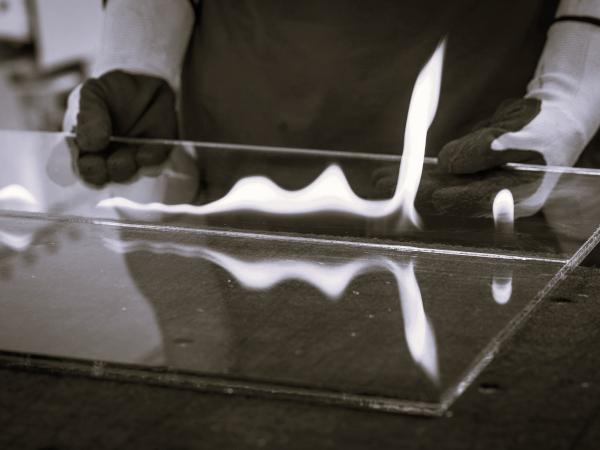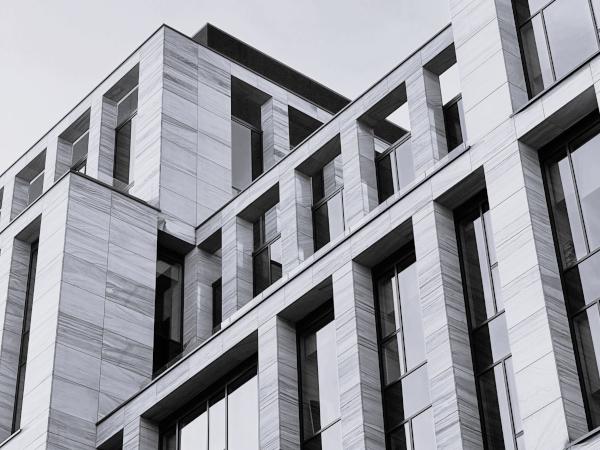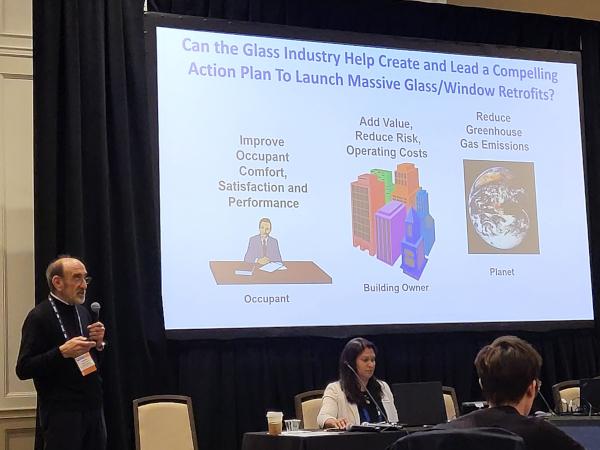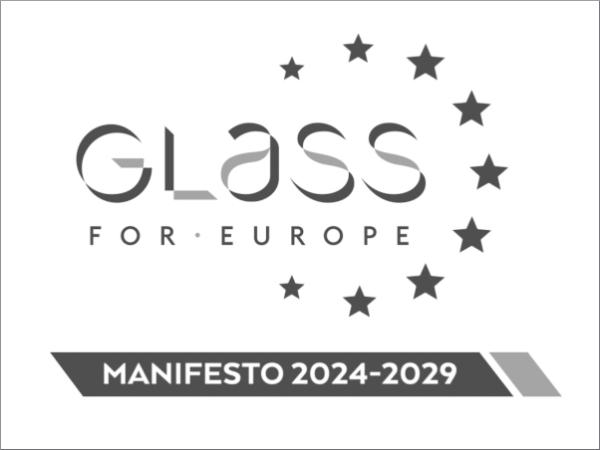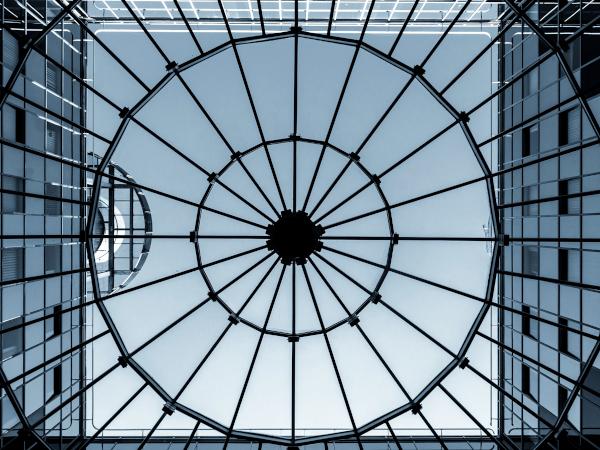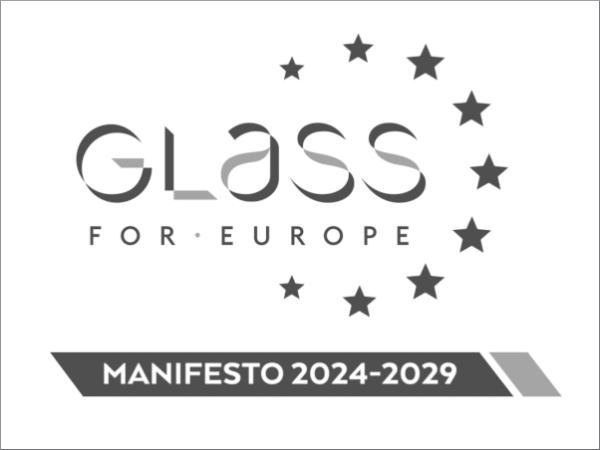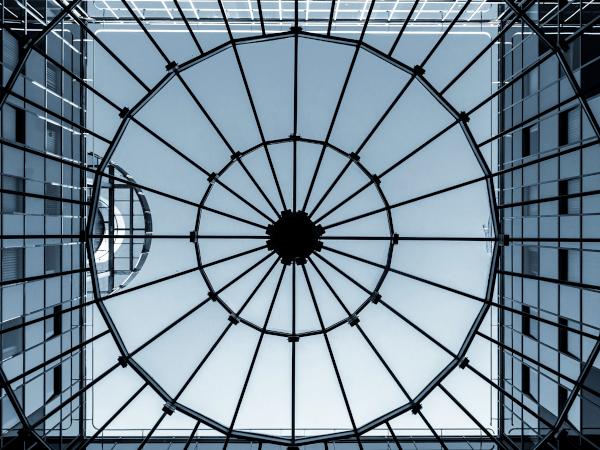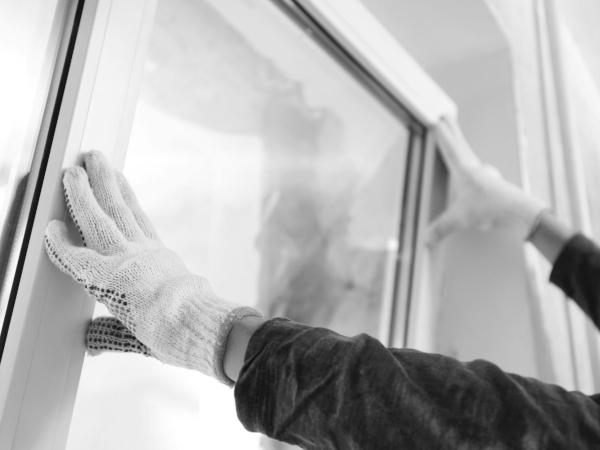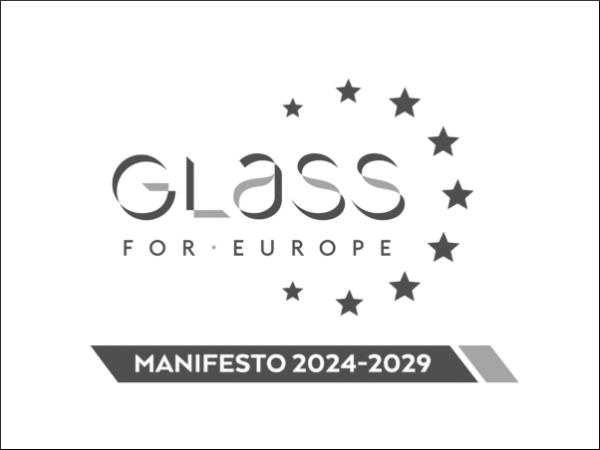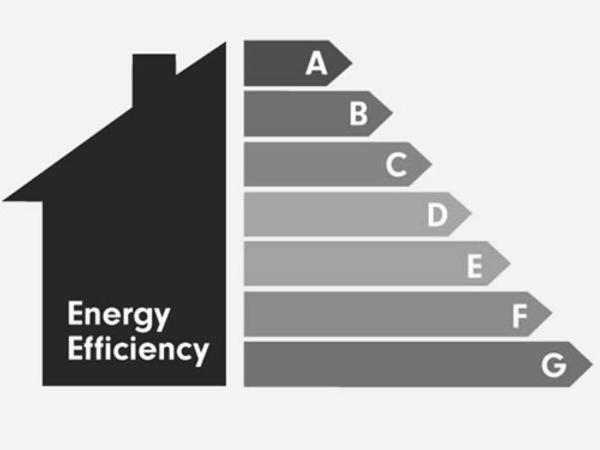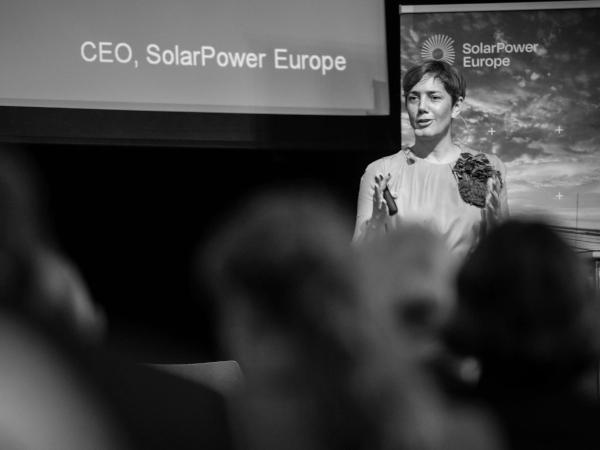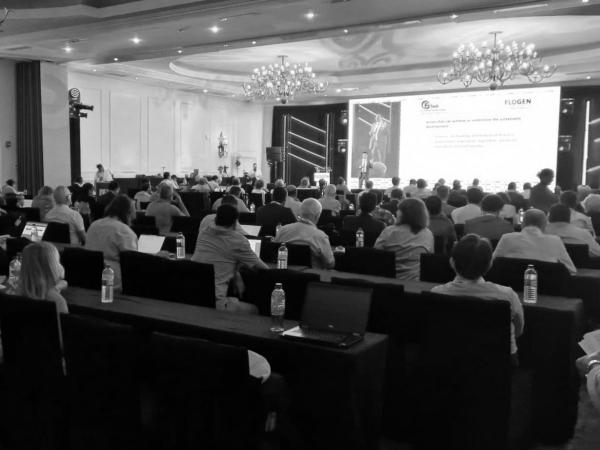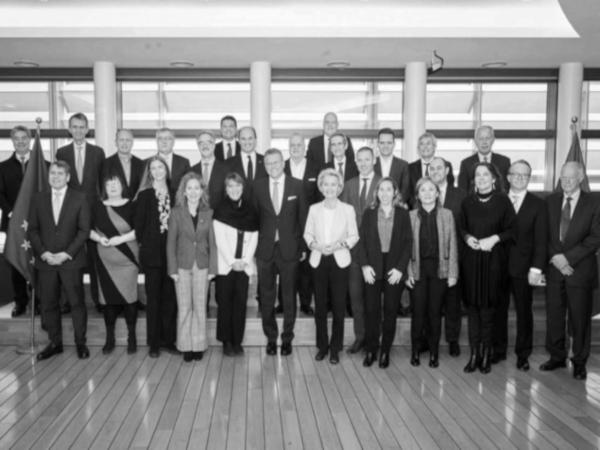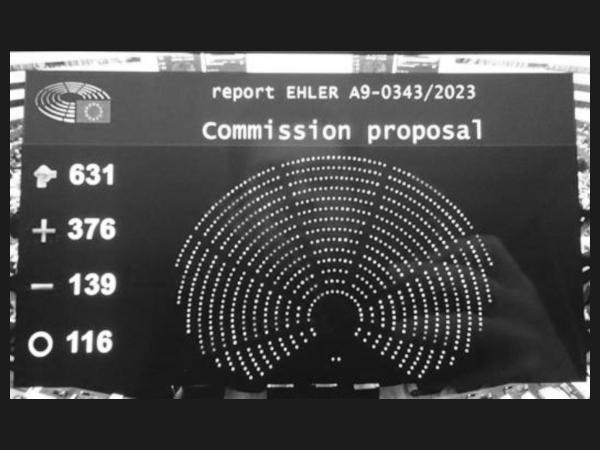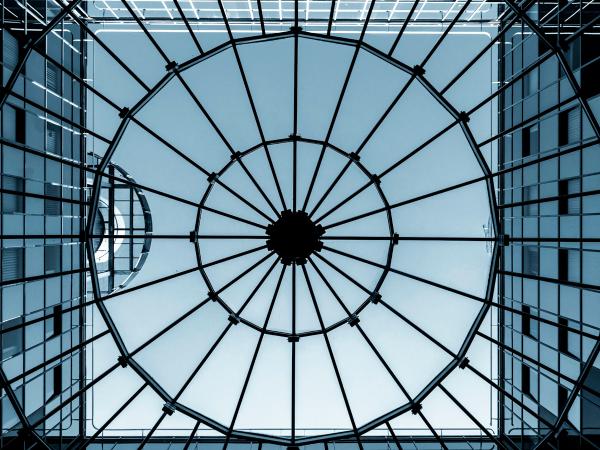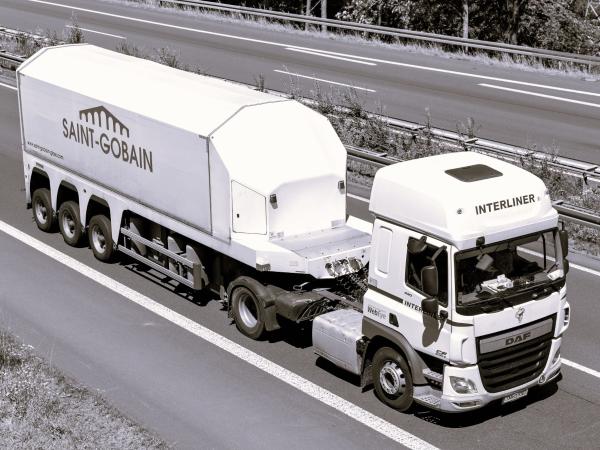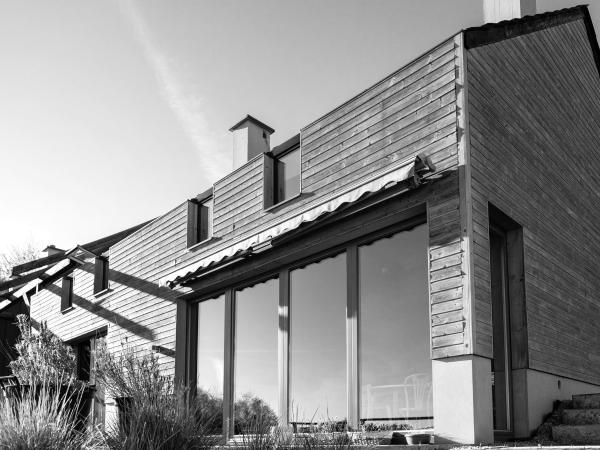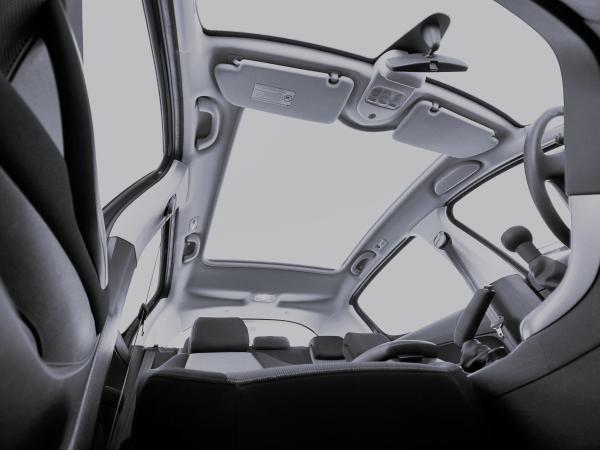Others also read
Glass for Europe is pleased to observe that the EC has acknowledged glass as an example of a material for which research and innovation must be supported to enable greater wellbeing in buildings.
The plenary session of the European Parliament has voted in favor of the recast Energy Performance of Buildings Directive, one of the final texts of the ‘Fit for 55’ package.
Structured around three main questions, the Q&A helps to approach the issue of carbon from different angles.
The new video is the last one in a five-part series that constitutes Glass for Europe’s manifesto, titled ‘A Mandate to Focus on Enabling Sustainable Transformation.’
Glass for Europe issues this explanatory paper to bring clarity to all actors in the flat glass value chain about the use of interleaving polymer powders in the flat glass sector.
On 19 February, Glass for Europe invited its National Partners to attend a workshop to analyse the political agreement reached on 7 December on the recast of the Energy Performance of Buildings Directive (EPBD).
Glass for Europe participated in the Glass Conference organized by the National Glass Association (NGA) from February 5 to 8 in Charleston (SC).
On 6 February, the European Commission presented its proposal for an ambitious 90% reduction in greenhouse gas emissions by 2040.
The European Commission’s Joint Research Centre started the year with the publication of a study on Techno-economic and environmental assessment of construction and demolition waste management in the EU.
To better direct all sustainable investments, the EU taxonomy criteria for windows must be further refined.
Glass for Europe has produced a paper on the possibilities and constraints related to the practices of reuse and remanufacturing of flat glass.
On 13 December, a political agreement was reached by the EU Parliament, the Council of the EU, and the EU Commission, on the revision of the Construction Products Regulation (CPR).
Executives from Glass for Europe member companies introduce the challenges and opportunities faced by Europe’s flat glass sector and present concrete policy priorities for the next mandate.
Following the fourth interinstitutional meeting which took place on 7 December, EU co-legislators reached a political agreement on the revision of the Energy Performance of Buildings Directive.
Yesterday, Iva Ganev, Environment & Climate Policy Manager of Glass for Europe, joined a panel discussion at the 2023 Sustainable Solar Power conference.
On December 1, Bertrand Cazes, Glass for Europe Secretary General, participated in the Sustainable Industrial Processing Summit 2023 conference on sustainability through science.
Yesterday, Glass for Europe’s Chairwoman Joana Arreguy from Saint-Gobain participated in the EU Clean Transition Dialogue on industry with EC President and Executive Vice-President.
On November 21, the European Parliament has adopted its position on the Net-Zero Industry Act with 376 votes to 139 and 116 abstentions.
As a member of the European Solar PV Industry Alliance (ESIA), Glass for Europe contributes to the “Finance” and “Value Chain” working groups.
EU Green Deal Summit highlights the vital role of flat glass industry in a climate-neutral Europe.
Revision Weights & Dimensions Directive: A well-oriented first step that can be improved to increase sustainability and logistic efficiency
High-performance glazing could save up to 37% of the total energy consumption from the EU building stock by 2050!
Glass for Europe members strive to enhance vehicle cabin air conditioning efficiency through energy-efficient glazing products.
Today Glass for Europe has submitted its answers to a Commission’s consultation on the decarbonisation of the EU building stock.

